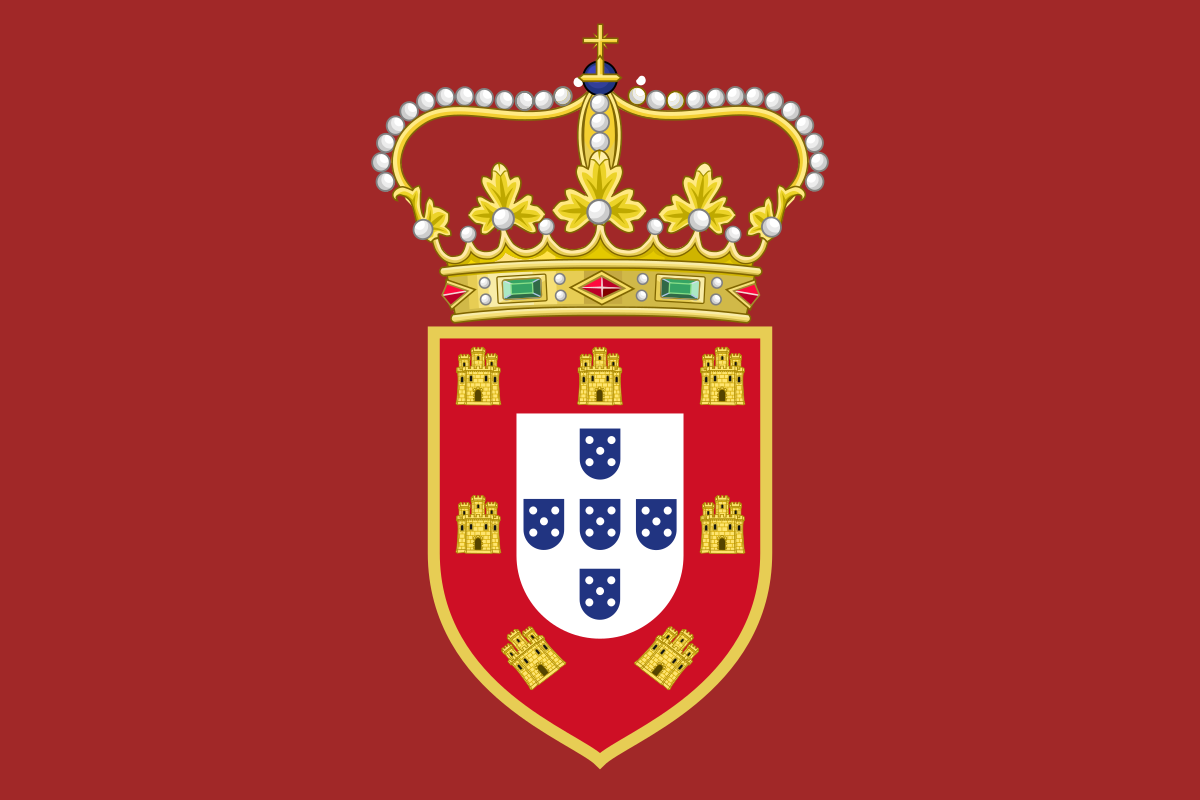Antonio Lobo Antunes is a literary vivisector whose main interest is exploring the visible horrors and brutal past of his country in an inimitable voice; and like an exorcist, vigorously battles to exorcise evil and provide salvation to body politic. Antunes expresses his disgust at Portugal's affluence and spendthrift hedonism; his characters possesses traits of villainny and vice, and sees himself as conscience of his country. Antunes can be grouped in the league of other national conscience writers: Kadare, Grass, Solzhenistyn, Boll, writers who, with broad outlook, surveys in their writing the horrors and tragedy of modern European civilisation, particularly in the 20th Century. But one must observe the differences in their notable artistic approaches. While Grass and Kadare relies on magic-realist technique and fables and legends respectively, and Boll and Solzhenistyn are more or less disciples of realism, Antunes works employs, in an intense language combined with exhilarating psychological portraitures, shifting, over-lapping monologues, calling attention to ancestors like Faulkner, Joyce and Celine. Antunes can also be grouped with Norman Manea, without the latter's staunch support for Noveau Roman in his early works; and with Antunes' geographical settings in both Africa and in his native Portugal, Antunes can also be classified with other world chroniclers: Greene, Naipaul, Kapusincski, writers who describe in their writings the decline of Empires and effects of colonialism, the suitable heirs of Conrad.
Among the works of Antunes, special attention must be given to South of Nowhere (1979), a novel with expressionistic overtones marked with dream-like war recollections, serpentine prose and depicts the absurdities of war through the memories of the doctor who serves as the narrator narrating his experience to a woman who he's affair with, Fado Alexandrino (1983), a rambling novel with phantasmagoric vision flooded with Biblical and astounding richness of diction and a polyphonic novel about failed hopes of Portugal's recent history, Return of the Caravels (1988), a masterpiece of complex anachronism where Antunes references the national work The Lusiads to explore a country living in the past, The Inquisitor's Manual (1996), a burlesque of misery and exploration of decadence of an entire society devoid of moral and spirituality brought to Portugal by four decades of totalitarianism and inquiry into difficult coexistence, What Can I Do When Everything's On Fire (2001), a novel of scorching intensity and kaleidoscopic beauty filled with addicts of drag queens, idiots monologues, literary symbolism, colloquial voices of damned recalling Ulysses dizzying farrago of urban images and thin--razor between reality and madness, Until Stones Becomes Lighter than Water (2017), a novel where characters are trying to make sense of violence and war and dislocations of history. These novels is a testament to Antunes' high-falutin and pessimistic but incomparable craftmanship where pessimistic outlook, collides with polyphonism to present a society living in shadows of itself as a results of its missteps and, simultaneously, in desperate search for healing and salvation.
Antunes vigorous style transforms his lofty imagination in vivisecting barbarity and horrors of history on contemporary society through linguistic inventiveness into sublime art. His vision is that of tremendous verisimilitude which is as a result of "cutting the garments of his masters like Joyce and Faulkner and Celine and stitching the materials for his own body," that his incomparable voice arose above the heavens.

